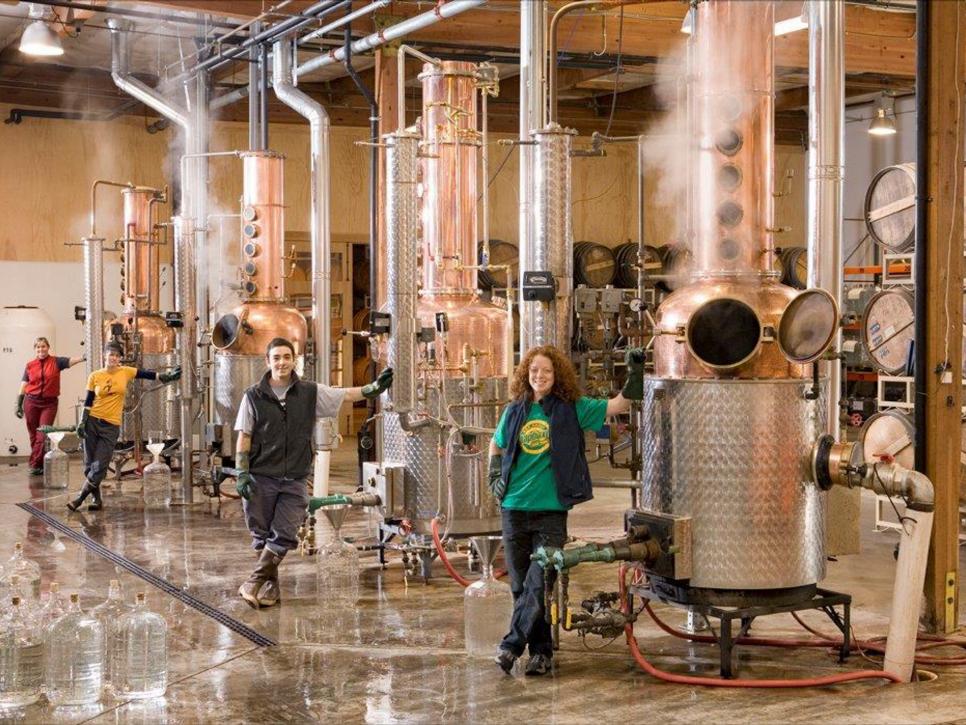
Craft Distilleries and the Advantages of Direct-to-Customer Sales
The trend of premium liquor and other alcohol distilleries adopting the direct-to-consumer model for marketing their products is growing. Alcohol brands that are owned by bigger conglomerates and the ones that are independently owned, like Bevmart, are increasingly using online marketing to develop a direct retailer-to-consumer contact. Buying spirit has never been more accessible to consumers due to their availability on websites, with minimal hassle. This has led to many alcohol brands developing a new growth playbook and has allowed them to experiment more.
Table of Contents
ToggleHow Was Alcohol Traditionally Distributed?
Traditionally, the process of brewing a spirit in the distillery to the customer buying it involved a three-tier model. This means that the brewers were essentially forced to sell their liquor to alcohol distributors or middlemen, and they sell to the retailers. The consumers would then buy the branded alcohol from these retailers at a much higher price. This process has also led to a situation where only a few brands get the opportunity to hit the national and the global market. This posed a great loss for the brewers and the distillery crafters due to their lack of reach and to the consumers due to the additional costs posed.
Benefits of Direct-to-Customer Sales
But the shift in the trend where distilleries supply their exclusive spirits and premium brands directly to the customers, especially in Australia, has made these drinks highly affordable. This also allows the customers to directly contact the brewers, giving them new paths to discover new brands and experience them at ease and convenience. Most of these brands also deliver the liquor to their homes, like Bevmart, with free or minimal shipping. A variety of spirits can be ordered in bulk for an immersive and valued experience that substantially cuts the costs of buying retail premium liquor. They have a definite competitive edge when it comes to providing experiential retail to the consumers.
The DTC has mainly been a boon for these independent distilleries and customers who, especially in the current situation, wish to limit visits to the liquor store or come in direct contact with people. This system allows the consumers to access the vast number of choices of not-so-well-known spirit brands that they wouldn’t have otherwise heard of.
DTC allows breweries and distilleries to exhibit their best products like vodka, rose champagne, Australian Botanical Gin, Virgin Black American Whiskey, Reserve Champagne, and other premium and super-premium collections to interested buyers. It also allows them to collaborate with other indigenous spirit distilleries, brands and candidates to produce limited-edition liquors that provide exclusive experiences to consumers.
Market Growth in the DTC Sales in Australia
Direct-to-consumer sales of wine grew by 7% in value in Australia in the year 2019-2020. This outperformed all other channels in the area. For smaller businesses that sell exclusive liquor, DTC accounts for more than 50% of their sales every year.
Over the last few months, the solid and consistent performance of DTC in the liquor industry has helped to pull it through the harsh times. Across the sector, 17% of the total wine sales in Australia is from DTC. There is an average growth of 16.7% in the online liquor industry from 2015-2020. Further improvements in making the delivery and sales process more customer-friendly have ensured that the industry’s clientele is bound to expand.
Hence, independent distillers like Bevmart are the prime suppliers of high-quality premium spirits in the current DTC trend.
Author bio: Steffy Alen is a copywriter and content strategist. She helps businesses stop playing around with content marketing and start seeing the tangible ROI. She loves writing as much as she loves the cake.


